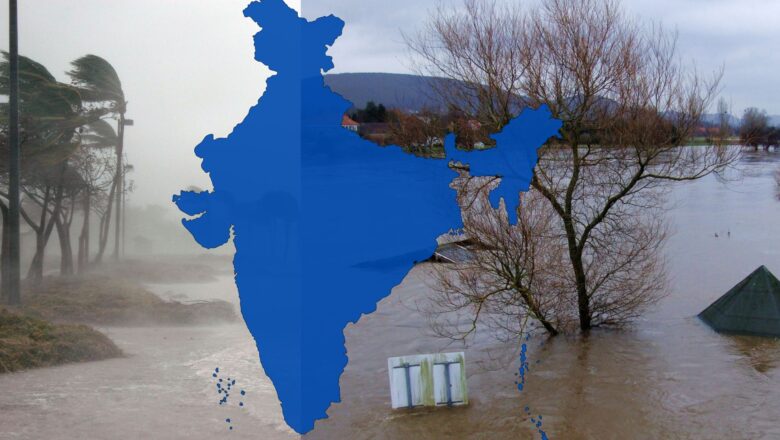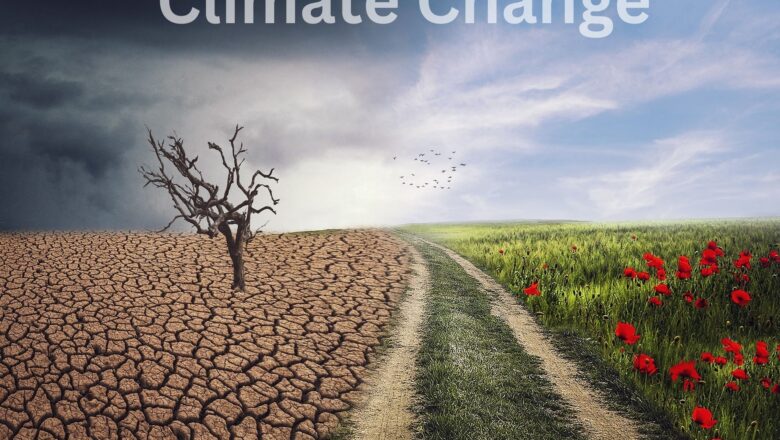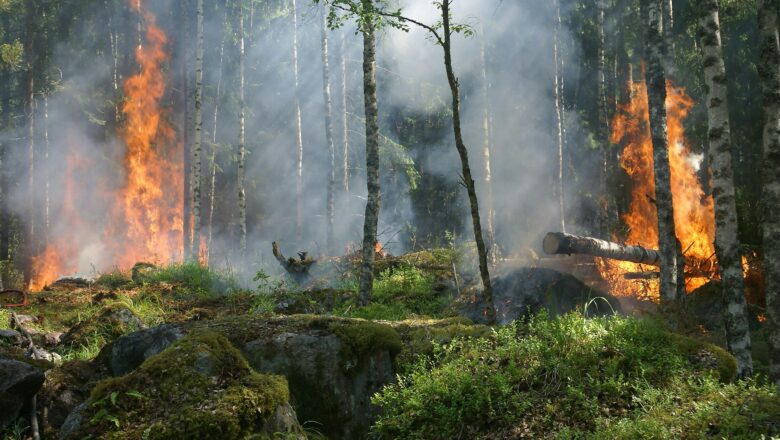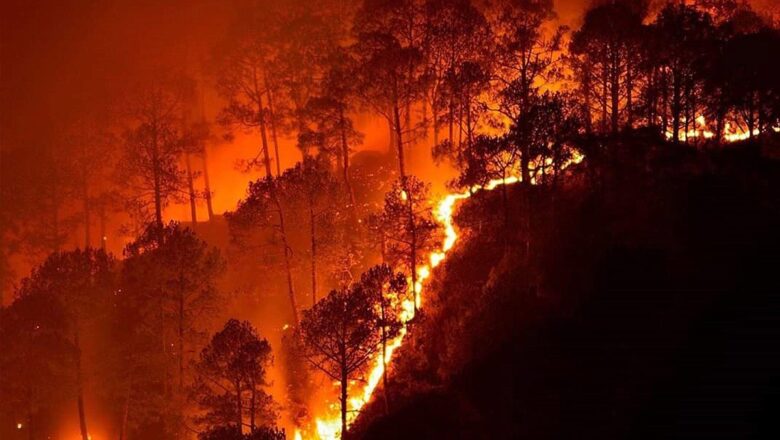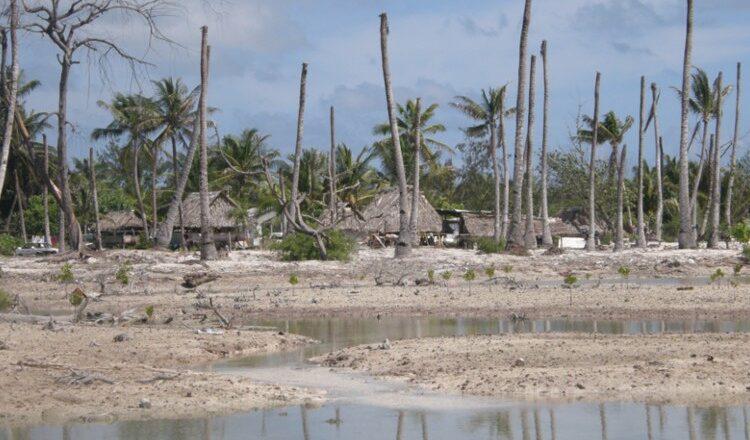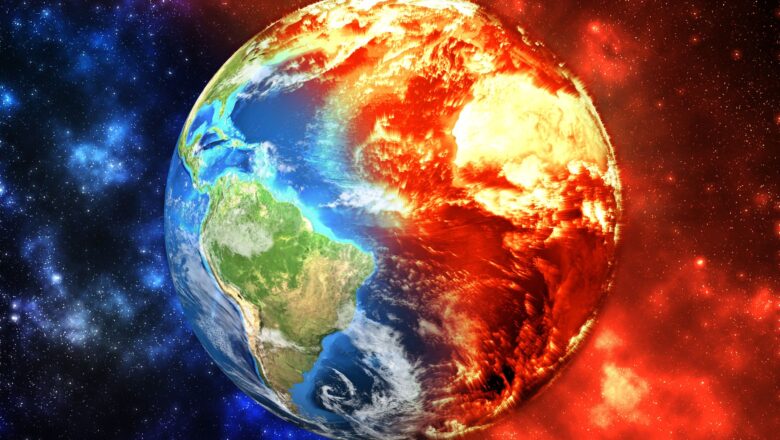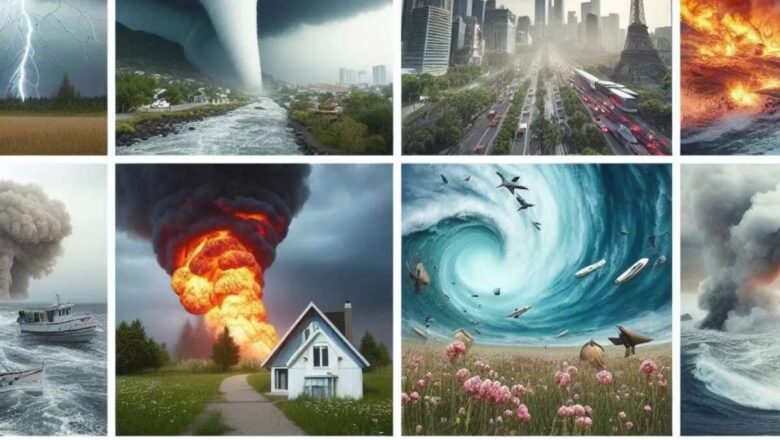
Kerala Faces Early Heatwave as Munnar Remains a Chilly Haven
Kerala is experiencing an unexpected surge in temperatures, months before summer officially begins. With the lingering effects of El Niño and the Uttarayan shift intensifying the heat, several districts are already witnessing scorching conditions, raising concerns about climate patterns and their impact on daily life.
The India Meteorological Department (IMD) has linked this rise in temperature to the sun’s northward movement, which brings it directly over the Tropic of Cancer. While most of Kerala struggles with unseasonal heat, Munnar the picturesque hill town in Idukki stands apart, recording freezing temperatures as low as zero degrees Celsius.
Heatwave-Like Conditions Arrive Early
January and February, usually mild months, have seen temperatures climb to alarming levels. Kann...

